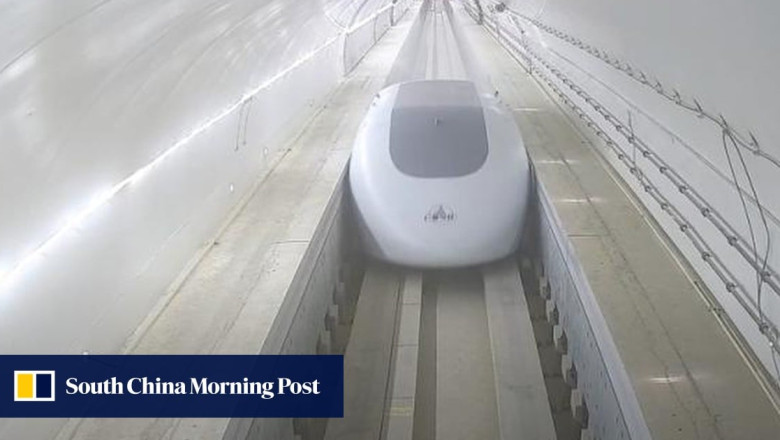
views
Has China just finalised the world’s first hyperloop destinations?
China is likely to build its first hyperloop train line between Shanghai and Hangzhou, according to the nation’s top engineering and rail design institutes.
The 150km-long (93-mile) in-vacuum tunnel will allow maglev trains to travel at speeds of up to 1,000km/h (621mph).
The Chinese Academy of Engineering and rail authorities commissioned a “comprehensive assessment on the candidate construction sites for ultra-high speed pipeline maglev system demonstration line”, and the two richest cities in the east coast emerged as winners, said scientists involved in the project in a report published in the Chinese-language journal Railway Standard Design on April 17.
The academy is responsible for providing scientific and technological advice to the Chinese government. Top scientists and engineers from the academy are directly involved in the conception, design and construction of the nation’s largest infrastructure projects.
The assessment team was led by Zhang Yunjiao, a senior engineer with the state-owned China Railway Engineering Design and Consulting Group in Beijing.
An ultra-high speed pipeline maglev system – more commonly known as a hyperloop – was first proposed by entrepreneur Elon Musk in 2013. The transport system uses vacuum-sealed tubes to transport passengers and cargo.
China has taken the idea seriously because it has the potential to revolutionise transport and provide a faster, more efficient way to move people and goods.
00:02 / 00:15
China is already a leader in high-speed rail technology, and investing in hyperloop technology could help maintain its position as a global leader in transport innovation, according to the assessment team.
The hyperloop project “is of strategic significance to China”, Zhang and her colleagues said in the assessment report.
The line is expected to be operational by 2035.
Several candidate lines competed for the hyperloop project in China, including the Beijing-Shijiazhuang, Guangzhou-Shenzhen and Chengdu-Chongqing lines. Each had unique advantages, according to Zhang’s team.
A Beijing-Shijiazhuang line would connect the capital city of Beijing with Shijiazhuang, the capital city of Hebei province, thereby connecting two major cities in northern China and relieving congestion on existing transport routes around the capital region.
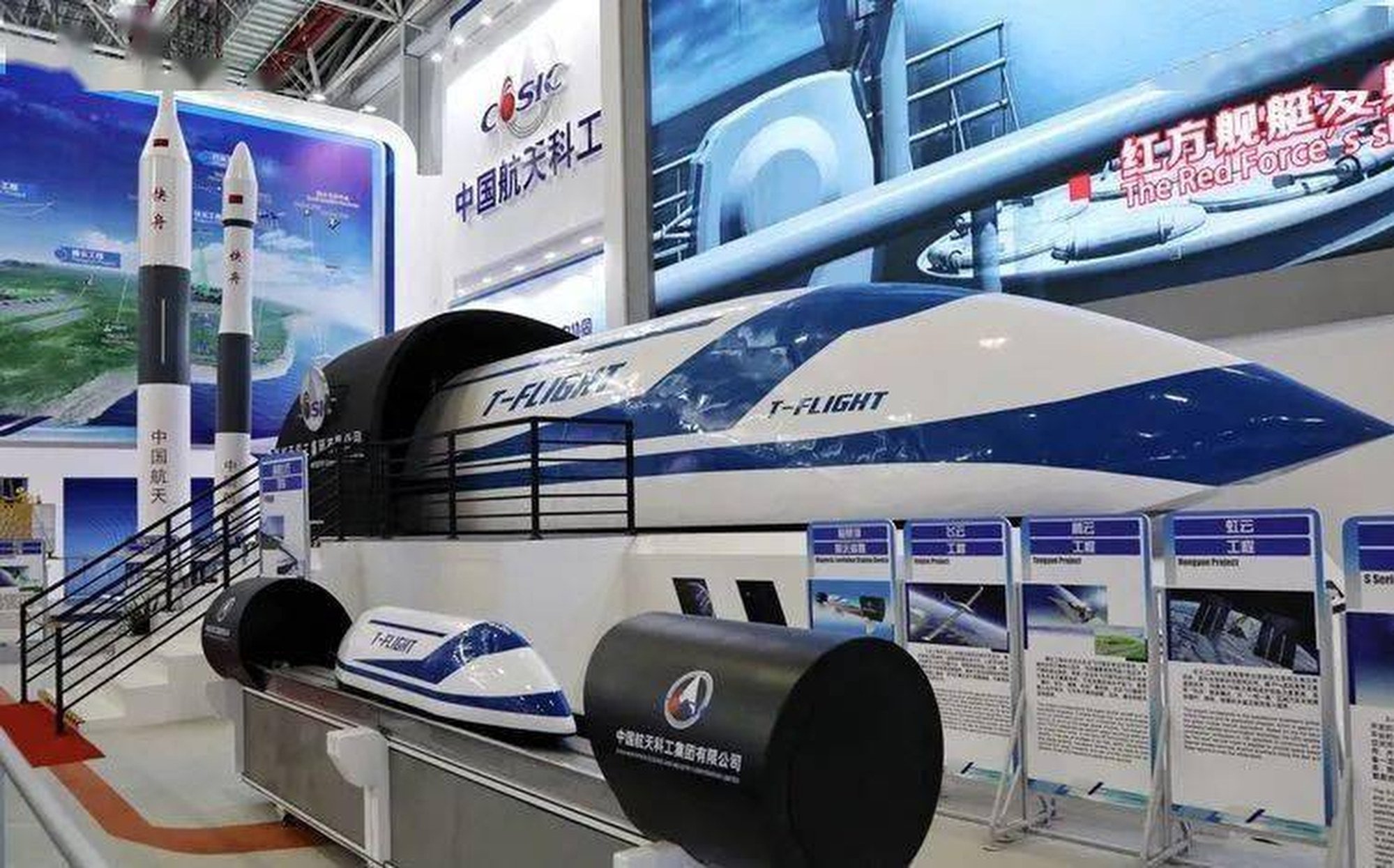
A Guangzhou-Shenzhen line would connect two important economic centres in the Pearl River Delta region and help stimulate growth and development in the Guangdong–Hong Kong–Macau Greater Bay Area.
The Greater Bay Area lies in a strategic region at the heart of Asia-Pacific, making it an ideal hub for connecting China with other countries in the region and beyond.
A Chengdu-Chongqing line would connect two major cities in western China – one of the fastest growing regions in the country thanks in part to the Belt and Road Initiative.
00:04 / 00:30
The project team said that they considered several key factors in the competing hyperloop bids.
The economic potential of each line was evaluated according to factors such as population density, economic activity and existing transport infrastructure.
The assessments also considered technical feasibility, social impact, political support such as government policies and funding availability, and integration with existing transport infrastructure.
A Hangzhou-Shanghai line would be most feasible and beneficial for China to pursue, according to the report.
The line was judged to have strong economic potential due to its high population density and the vibrant economic activity in both cities, and with relatively flat terrain, it also has good technical feasibility. Such a project would also have a positive social impact by promoting regional integration between Shanghai and Hangzhou, the report said.
Shanghai and Hangzhou are both major cities in China with strong economic and cultural significance.
Shanghai, the largest city in China by population, is a global financial centre and home to the world’s largest Tesla car factory, which is run by Musk. Hangzhou, famous for its natural beauty, is a hub for e-commerce companies such as Alibaba, which owns the South China Morning Post.
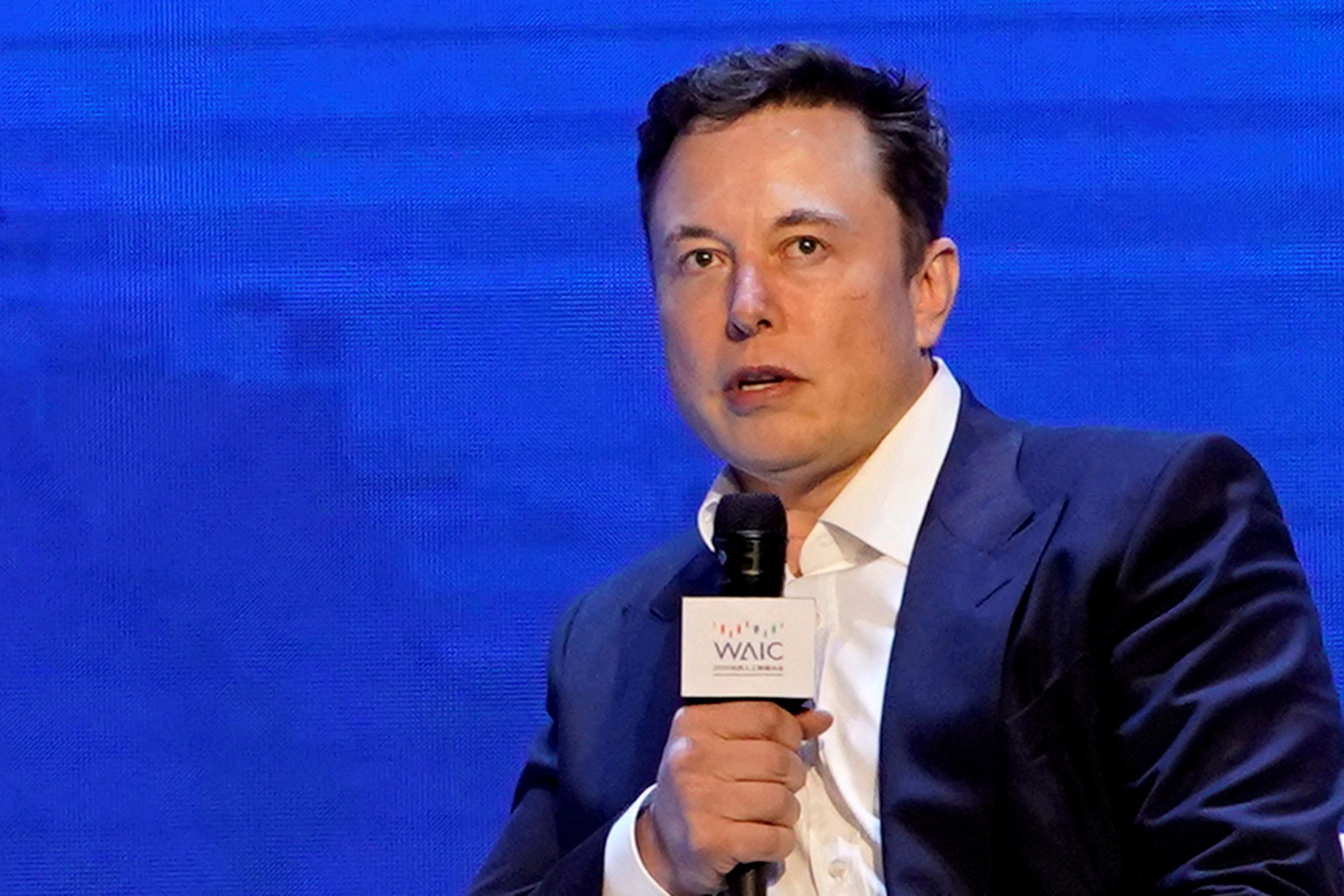
At a distance of 200km, travelling by car between the cities takes about three hours, or about an hour by high-speed rail. But according to some estimates, a hyperloop line could cut the trip to about 15 minutes.
In just 15 years, China has built enough high-speed rail to circle the Earth. Some engineering experts say that experience can be leveraged to accelerate the construction of a hyperloop.
China’s vast high-speed rail network has required massive investment in research and development, engineering expertise and advanced manufacturing. Industry experts have said these same resources could be applied to the development of hyperloop technology.
China’s experience in building high-speed rail had also provided valuable lessons in project management, logistics and safety that can also be applied in hyperloop projects, they said.
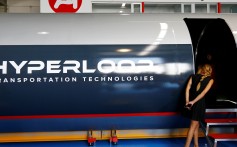
But for those involved in the world’s first hyperloop project, 2035 may not seem that far away.
Developing the technology required for a hyperloop system is still in its early stages, and before it can be implemented on a large scale, many daunting technical challenges must be overcome.
Building the necessary infrastructure for a hyperloop system – including low-pressure tubes and specialised stations – will require significant investment and expertise.
Legal and regulatory challenges also lie ahead. There are currently no regulations in place for the operation of hyperloop systems.
The high speeds demanded for hyperloop travel also mean safety would also be a major concern that must be addressed through rigorous testing and development.
High speed rail and hyperloop
China has built high speed rails long enough to circle the Earth in just about 15 years. Some engineering experts believe that experience in building high-speed rail can be leveraged to speed up the construction of hyperloop.
The construction of high-speed rail in China has required significant investment in research and development, engineering expertise, and advanced manufacturing capabilities. These same resources can be applied to the development of hyperloop technology.
China’s experience in building high-speed rail has also provided valuable lessons in project management, logistics and safety that can also be applied in hyperloop projects, they said.
But developing the technology required for a hyperloop system is still in its early stages, and there are many technical challenges that need to be overcome before it can be implemented on a large scale.
Building the necessary infrastructure for a hyperloop system, including low-pressure tubes and specialised stations, will require significant investment and expertise.
There are currently no regulations in place for the operation of hyperloop systems, which could pose legal and regulatory challenges for their implementation.
Due to the high speeds involved in hyperloop travel, safety will also be a major concern that needs to be addressed through rigorous testing and development processes.










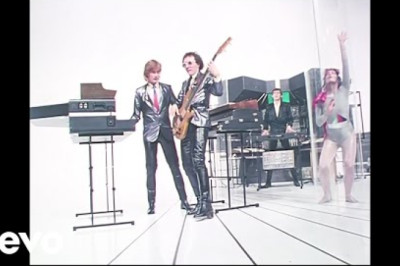


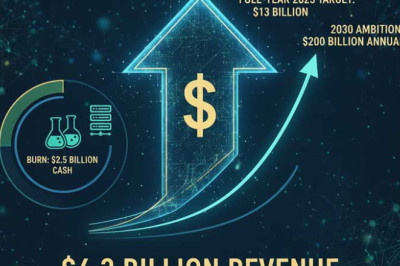






Comments
0 comment